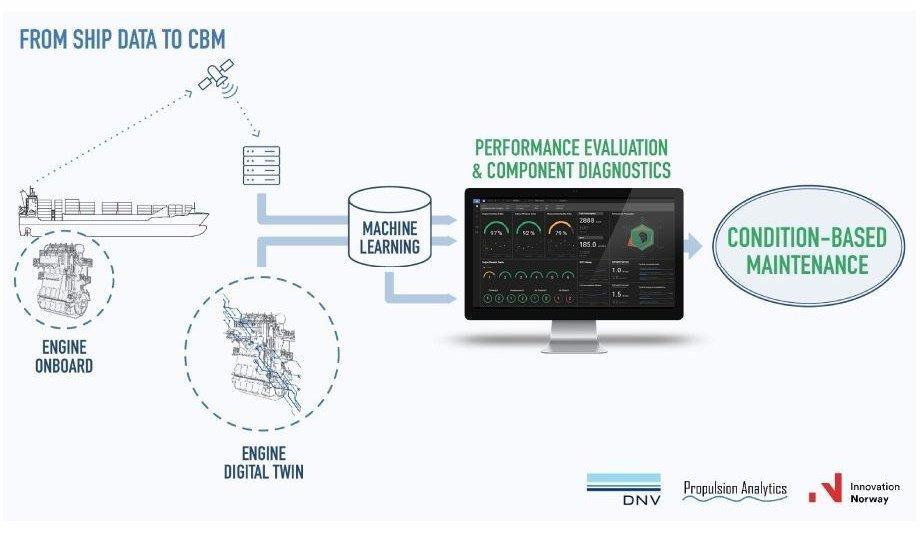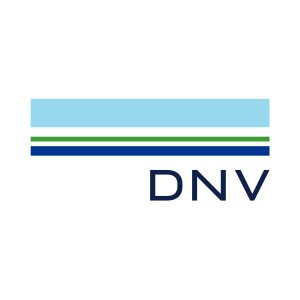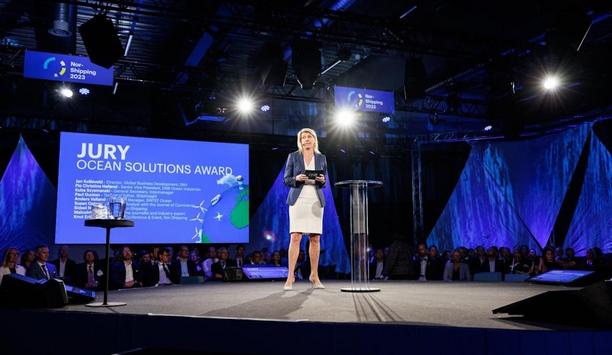Propulsion Analytics, a Greek high-tech company that provides vessel and engine performance evaluation applications, and DNV have received funding from Innovation Norway, in order to develop a Condition Based Maintenance (CBM) application for ships.
The project will result in an innovative CBM service for ships, with validated methods and accredited tools that merge thermodynamic modelling with artificial intelligence (AI), in order to diagnose machinery system faults and predict performance in marine power plants.
Propulsion Analytics – DNV partnership
This analysis provides the reference performance for a power plant’s operating condition
In this project, Propulsion Analytics shall further develop their analysis method and tools for the performance management of marine engines. This analysis method uses an innovative combination of physics-based process simulation models and data driven models using artificial intelligence (AI).
This analysis provides the reference performance for a power plant’s operating condition, which when compared to the actual data can diagnose and predict engine component malfunctions, or any decreasing performance.
Performance optimisation tools and CBM methods
Efstratios Tzanos, the General Manager of Propulsion Analytics, said “Currently, less than 2% of the world fleet employs a CBM arrangement, but in the next 10 years - we expect that 10% of the world’s fleet will use performance optimisation tools and CBM methods.”
Efstratios Tzanos adds, “Ship performance evaluation, incorporating efficiency optimisation and improved maintenance scheduling can result in significant cost reductions for ship owners and operators. At Propulsion Analytics, we are using cutting edge technology to develop an innovative CBM application and CBM service, to meet these needs.”
Verification, validation and accreditation (VV&A) methodology
DNV work to develop a verification, validation and accreditation (VV&A) methodology to assess CBM applications. This methodology will significantly enhance the validity and trustworthiness of CBM approaches.
DNV will draw from its extensive maritime technical expertise and established methodologies already in use in the aerospace, defence and financial service industries, and sectors.
Develop digital validation and verification methodologies
“CBM holds the promise of safer, more reliable and competitive operation of maritime assets,” said Dr. George Dimopoulos, the Head of R&D and Advisory at DNV - Region South East Europe, Middle East & Africa, adding “In this project, we are aiming straight for the heart of seagoing vessels - the marine engine. DNV will develop digital validation and verification methodologies to build confidence in the use of CBM for critical equipment and hopefully accelerate their deployment in shipping.”












